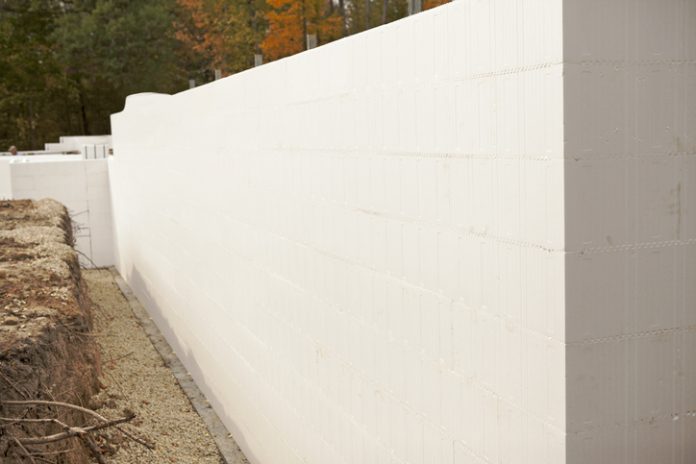
In the story of the Three Little Pigs, the house made of brick was the only one strong enough to stand up to the Big Bad Wolf’s huffing and puffing. In the battle against real-life wind and rain, hotel developers are turning to something even more durable than brick and mortar: insulating concrete forms (ICF).
Insulating concrete forms are tough enough to take on debris tossed by tornadoes, powerful hurricane-force winds, torrential rain, and other nasty weather conditions. The technology is energy-efficient and is considered a superior insulator that’s ideal for cold and warm weather alike. Several ICF manufacturers are also LEED-certified, which is essential for hotels today.
“With changing weather conditions and evolving consumer demand, we are more attuned to the selection of detailed elements like hardscape and site furnishings that can withstand temperature variations, and test materials in extreme heat and cold to ensure safety and comfort,” says Gregg Sutton, a principal at EDSA, a design firm that melds the environment with architecture.
“For example, in recent resorts, we have incorporated turf grass in the pool areas as a suitable cooling element for seating and walking zones,” Sutton continues. “In addition, water, a design element that can be implemented in many forms throughout a space, serves as a cooling agent, be it a bubbling spring, waterfall, fountain, or well-designed pool that keeps guests and visitors comfortable in and around a property.”
Read about how hoteliers are planning for the challenges of climate change and severe weather here.





